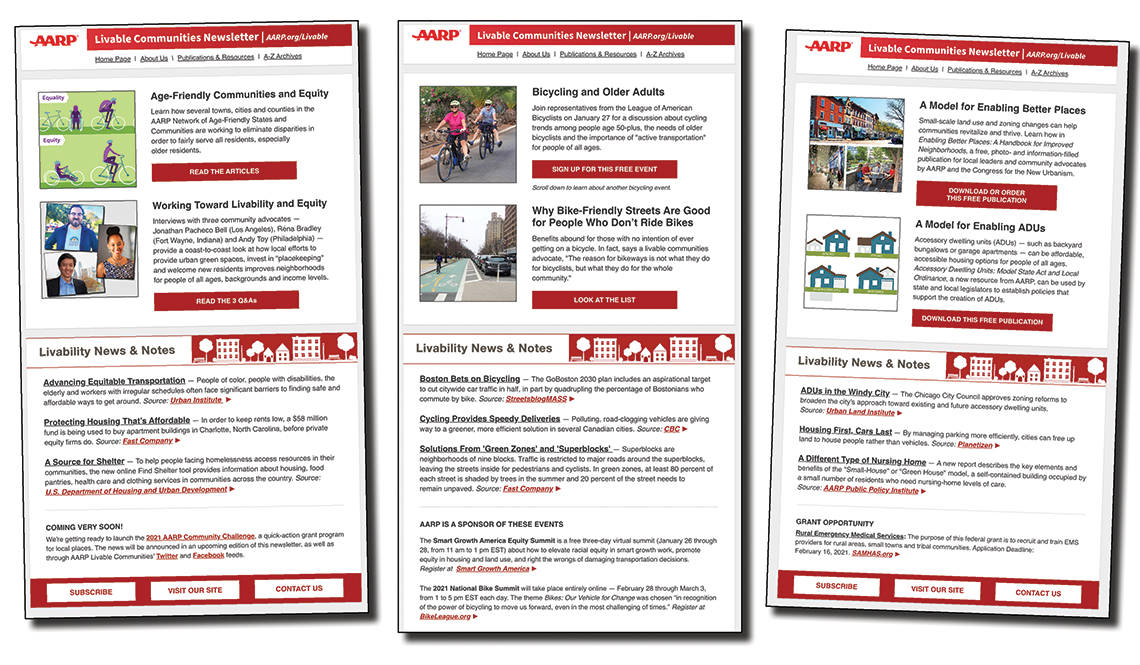Georgia State Plan on Aging – 2011-2015
Overview
Between 2000 and 2030, Georgia’s older population will increase by 142.5 percent and constitute 65.5 percent of its total population (page 19). In preparation for this aging demographic, the Georgia Division of Aging Services submitted its “State Plan of Aging” in compliance with the Older Americans Act.
Key Points
Georgia has the benefit of currently being relatively young. Though the increase in the older population will grow dramatically, the advantage of their existing demographic trends is a longer lead-time for preparation and partnership across state lines.
Other plan highlights include:
- Georgia is young compared with the rest of the U.S. This is due to a pattern of migration of a younger population segment from other states, as well as a large minority population.
- The creation of “a single entry point for access to long-term services” (page 8) is meant to help coordinate and strategically provide services where needed. This Gateway is a major emphasis of the state plan, particularly as it seeks to increase efficiency.
- Georgia’s case management system (HCBS) is an excellent example of information management in combination with cooperation with outside clusters (page 36).
Georgia has the benefit of having a younger population, which affords more time to prepare services for their aging demographic. The state is leveraging opportunities partnerships from other cities (Boston) while enhancing its own infrastructure well.
How to Use
The plan offers how Georgia intends to continue preparing for the age shift. Georgia is a clear demonstration of the advantages of preparation prior to urgent need. If your own locality is relatively young, it is advantageous to consider Georgia’s state plan, as they are pro-active in their own planning processes. Knowing with whom to partner or which issues require greater preparation time will allow for greater advantages in the long-term.
View full report: Georgia State Plan on Aging – 2011-2015 (PDF – 1.3 MB)

